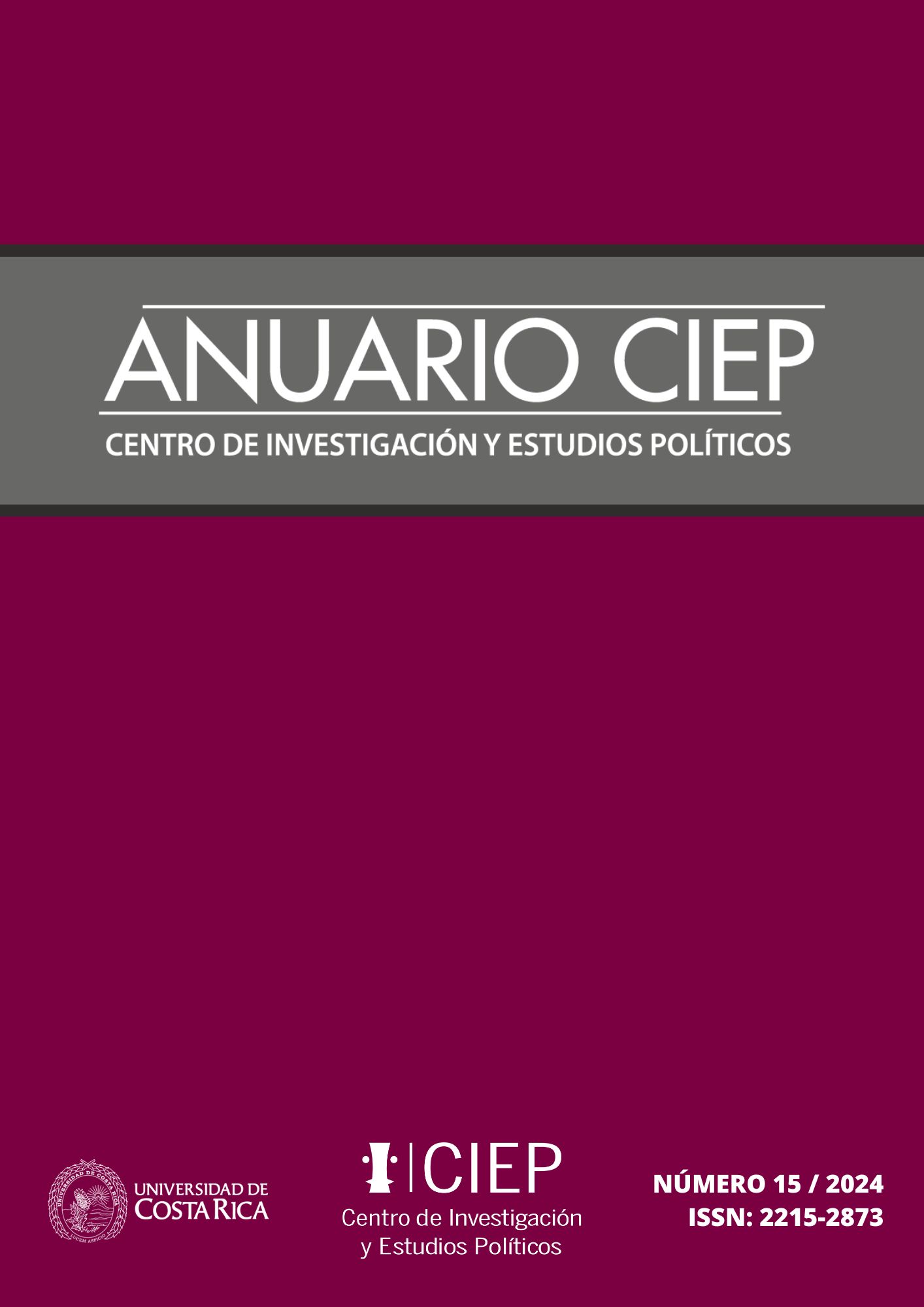Abstract
This article analyzes how the political conflict surrounding sustainable environmental regulation by the State has influenced the institutional design of the National Environmental Technical Secretariat (SETENA) and Environmental Impact Assessments (EIA), studying the political process of the creation of SETENA. The research was based on political ecology as a 'macro-theory' and historical institutionalism as a theory of medium scope. An exploratory and qualitative approach was used. The analysis was carried out through research techniques such as situational analysis, semi-structured interviews and documentary analysis. Finally, the research concluded that, during the study period, certain groups were privileged in terms of their participation in the spaces where the functioning of SETENA and the EIA system in Costa Rica has been defined. The way in which this institution and the EIA system were designed reflect the tensions inherent in the defining of environmental usage and sustainable development.
##plugins.facebook.comentarios##

This work is licensed under a Creative Commons Attribution-NonCommercial-NoDerivatives 4.0 International License.
Copyright (c) 2024 Sara González Rojas, Irene Lucía Josephy Hernández


